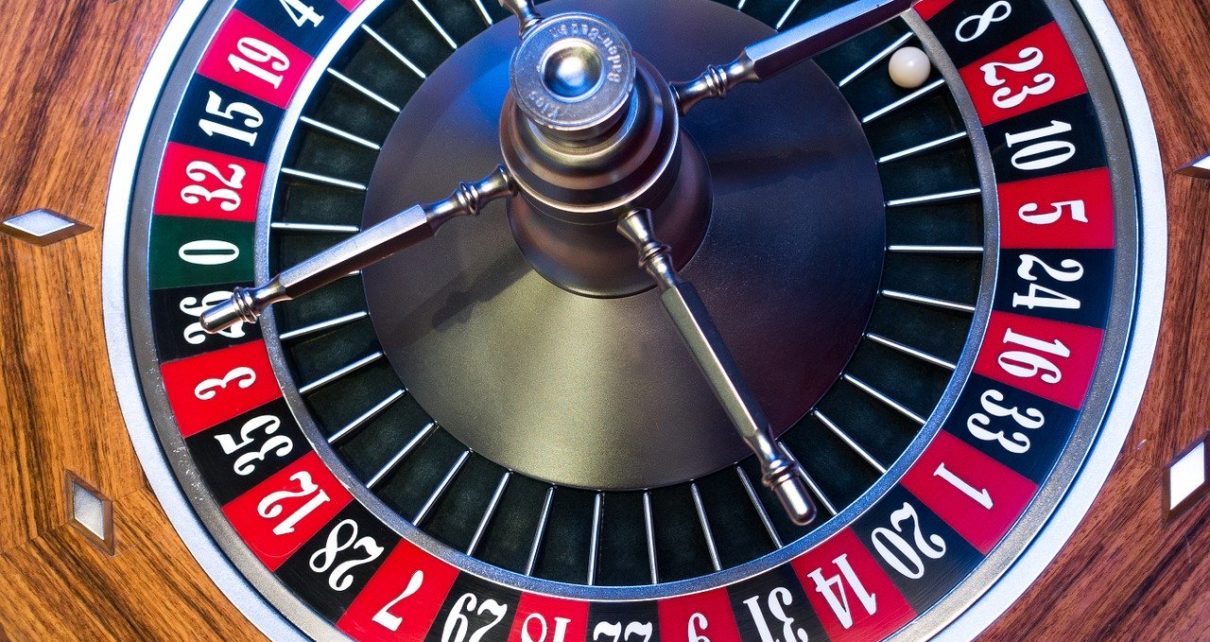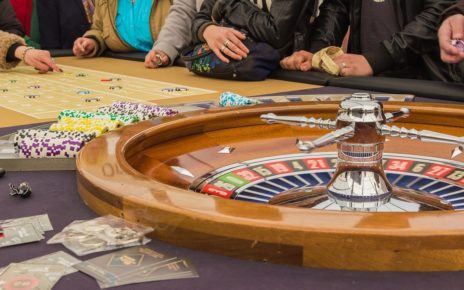Roulette is a well-known casino game usually referred to as black or red wheel, named after the French term for wheel, meaning small wheel. In roulette, players can decide to place wagers on between one and twenty sets of numbers, all the colors black or red, whether the number being picked is even or odd, or if the numbers being picked are high or lower. The house has the right to call the game at any time, even when the last bet has been made. If a player wins a bid, then he must pay off all of his previous bets and start again with new bets, including the first one. Winning a bid does not guarantee that one will win; in the game there is a random number generator that determines what number will come out next.
Because roulette games are played on a continuous basis, the house edge can be considered to be the difference between winning and losing. This means that the amount of money that the house has to lose over the period of many spins is called the Roulette house edge. Roulette players who place their bets care more about the Roulette house edge because they mean the difference between losing and winning. As such, many players place their bets with an eye to minimize the amount they need to pay to the house in the event of a loss and focus on trying to make the best bets that they possibly can. However, for some people, this is not enough to keep their purses full enough to allow them to live comfortably, and so they end up playing Roulette, not only for the fun of it, but also to cover the expenses of living.
A Martingale strategy is used in Roulette in that it increases the chance of winning by reducing the amount the player would have to lose to lose a bet. Using a Martingale strategy can be very useful for someone who is not big on betting but still wants to have a bit of a chance at winning. The Martingale strategy in Roulette is based on the idea that you should bet with higher stakes when you are starting out and then lower your bets gradually as your game becomes better. For example, if you are just starting out with Roulette, start your bets modestly and increase them gradually so that you have less to lose.
Roulette strategies like the double zero or the four numbers game are very popular. The idea is that after you have bet the amount of the bankroll that you have on the Roulette table, you should never bet more than that on any one number or a set of cards….No matter how lucky you may think you are….Do NOT go ahead and bet all of the money on that straight away. Instead, you should stop right away and put all of your outside bets in with that initial stake. The idea is that after all of that money has been placed into the bankroll, you will never go outside of it again (no matter how lucky you are). Remember, you have to come up with the money from somewhere, so if you are lucky enough to win, then it is certainly worth keeping some of what you win.
One of the easiest roulette strategies to use is the \”all or nothing\” bet. Basically, this means that you will only bet money on something if you believe that it has an 80% chance of winning. This is the best way to play it since it will help you build your self-discipline and it will also teach you that losing is part of the learning process. It is very important that you don\’t let yourself off the hook too often, otherwise you won\’t stick to the \”all or nothing\” rule.
After you have mastered the basics of Roulette and have become somewhat adept at placing your bets, you can begin to take on a more advanced Roulette game by trying the pattern walk technique. Essentially, this means that you start off by laying out a complete layout, followed by performing four follow ups. You may then switch to playing against the house, and then finally switch back to performing your pattern walk. The overall strategy here is to lay out a good initial layout, followed by executing four follow ups that are in concurrence to the initial layout.


